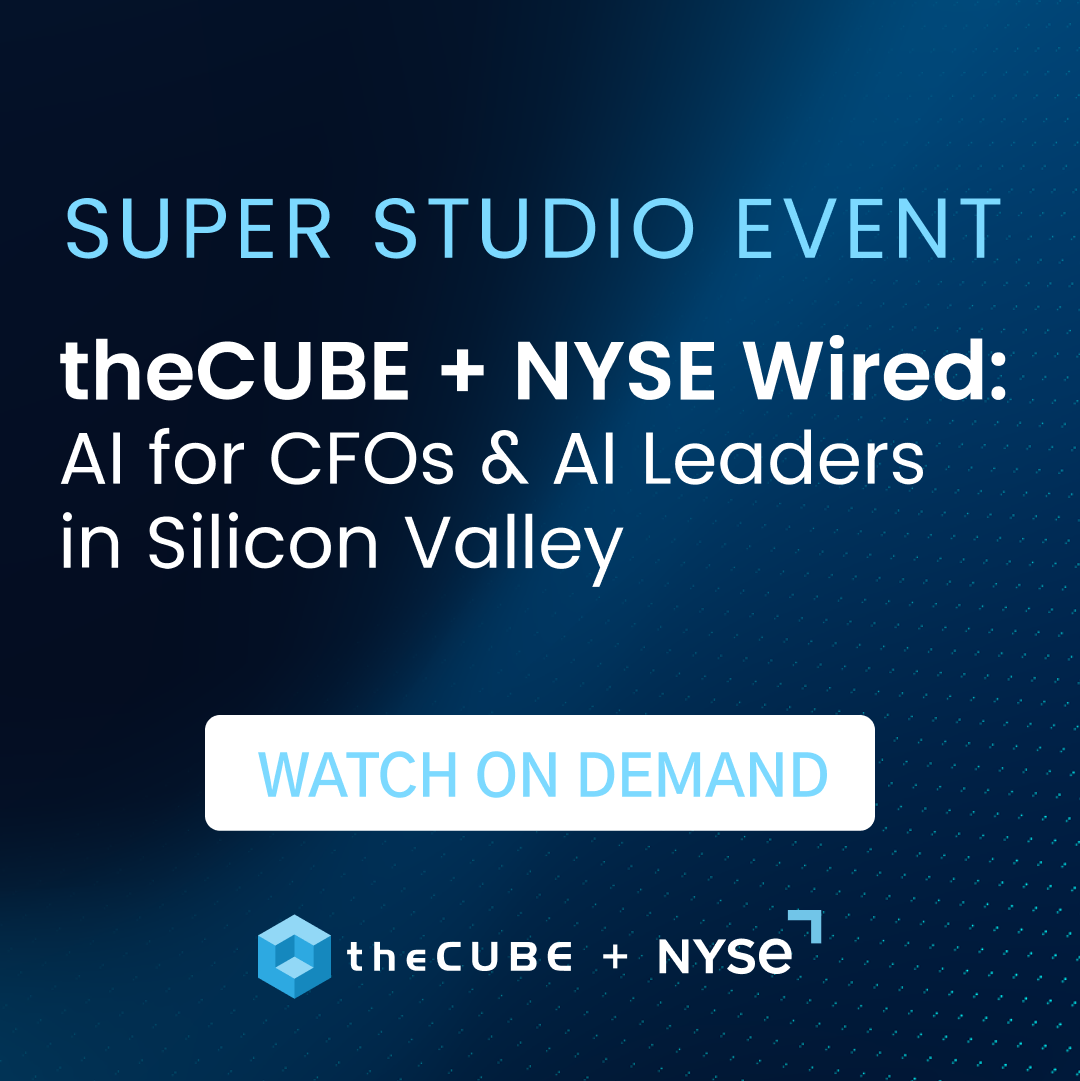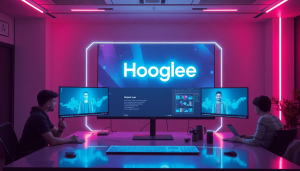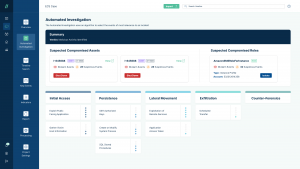Out & About: Startup/Apps Mania in the Coffee Shops And Bars
These it’s difficult to go anywhere without hearing about startups and their apps. That’s natural in my job but when you start hearing “normal” people talking about apps all of a sudden then that’s an interesting trend to watch.
For example, my 23 year old son Matt tells me he hears people talking about their apps and startups nearly everywhere he goes in San Francisco. He says it is a result of the Facebook movie.![]()
His friends, and friends of friends, seem to be all working on some idea, mostly in the mobile apps space. Matt is working on several apps too, a mobile business app for local businesses is one promising project.
This is an interesting trend to watch because it is not limited to San Francisco and its Silicon Valley neighborhood. You see a big interest in startups and innovation occurring in many countries
London, for example, has its Silicon Roundabout, an area of London marked by the large number of startups; Paris has also seen a big rise in startups partially helped by government incentives and city-run incubators; and there are similar “innovation” centers in many other large cities.
The Facebook movie can be seen as a rallying point but it’s not the main reason we see so much “innovation.” The prime motivators are:
– It doesn’t cost much to found a startup. Cloud services mean you don’t need an IT department.
– Application development tools and languages are relatively easy to learn. It doesn’t take much to pull together a prototype.
– Labor costs are fairly low with the founders able to bootstrap themselves for 6 months and more.
– Angels are springing up all over the place, using the Silicon Valley model of angel investors, investing small amounts in many startups. Dave McClure from 500 Startups is a good example of the modern Angel investor.
Suddenly, there are numerous, motivated developers everywhere. And large companies are moving to take advantage of these developers by creating APIs for their services on which developers can create their apps.
By producing APIs rather than applications, companies avoid the support costs of developing and distributing apps. This might seem like a wise strategy but it comes at a cost.
– Developers are too small to provide the customer support, which means that users are left on their own with an uneven user experience and that can reflect badly on the companies providing the APIs.
– Apple tries to weed out the bad apps with its curated approach to its AppStore but others, such as Google and its Android app store leave the space wide open to all. Bad apps spoil the market for the good apps.
The drawback to all this innovation activity is the same as that faced by the hundreds of thousands of people that made their way to the California Gold Rush: too many chasing too few opportunities.
Apps are rapidly becoming commodities, some are merely fashionable trends that are disposable after a few months. Making money with apps will get more and more difficult simply because there are more apps. More of anything reduces the value of any thing.
Today, it is not the apps themselves that hold value, it is the users. You can build a marvelously sophisticated app but without users it might as well not exist.
For developers to win in today’s marketplace they have to win users and that’s the most difficult thing to do. The noise level that apps have to punch through to get in front of potential users is loud and getting louder.
Without users an app is like a tree that falls in the forest without anyone there to hear it fall – it’ll be tagged #fail.
Where is the money in the startup mania? In the picks and shovels, in the tools and services; in the conferences and events that cover the many stages of a startup, from funding to selling; it’s a rich vein.
And Silicon Valley is at the center of this developing global mania around “innovation.” That’s why many companies are moving to the San Francisco area, to become part of that conversation, to help breakthrough the noise level, to find skills, funding, and to help build their products and services to the next stage.
[Cross-posted at Silicon Valley Watcher]
A message from John Furrier, co-founder of SiliconANGLE:
Your vote of support is important to us and it helps us keep the content FREE.
One click below supports our mission to provide free, deep, and relevant content.
Join our community on YouTube
Join the community that includes more than 15,000 #CubeAlumni experts, including Amazon.com CEO Andy Jassy, Dell Technologies founder and CEO Michael Dell, Intel CEO Pat Gelsinger, and many more luminaries and experts.
THANK YOU













